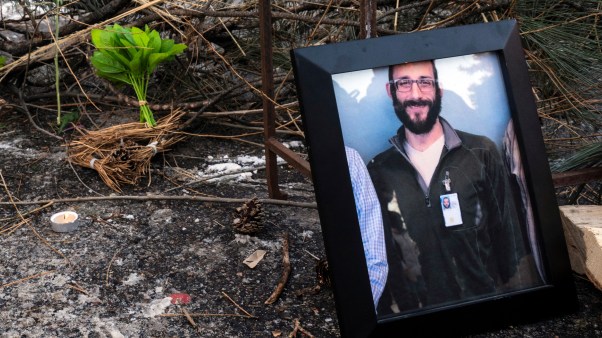If today’s academic philosophers see Christian belief as intellectually viable, it may very well be because Alvin Plantinga showed them it was. For the last five decades, Plantinga has made a career of demonstrating that philosophy and faith need not be mutually exclusive pursuits. Through influential works such as God and Other Minds and Warranted Christian Belief, he not only helped to restore theism’s legitimacy within the philosophical community, but also showed how religious belief may actually provide the foundation for the answers to philosophy’s most pressing questions.
Earlier this year, Plantinga was awarded the prestigious Templeton Prize, an award given every year to a living individual who “has made an exceptional contribution to affirming life's spiritual dimension, whether through insight, discovery, or practical works.” (Past recipients include Mother Theresa, Billy Graham, the Dalai Lama, and Desmond Tutu.)
When Plantinga was in Chicago for the Templeton ceremony in September, he sat down to talk with CT editor Richard Clark about what drew him to philosophy, what it’s like to work in such a traditionally secular field, and why he thinks believers and philosophers alike can benefit from a better understanding of his discipline’s Christian past.
Click the “play” button above to listen in.
On philosophy and the Church: “Certain kinds of evangelical Christians thought philosophy was a bad idea. They thought it involved questioning the faith. Lots of people don’t realize that philosophy comes in many varieties. Some kinds are atheistic—but there’s Christian philosophy, too, and has been since the first or second century. Philosophy isn’t a particular set of views; it’s rather an activity in which you can have all kind of different views.”
On getting along with his atheist colleagues: “They respected me because I was a pretty good philosopher. But they also thought I had this screw loose.”
On his toughest philosophical challenge: “The hardest thing to confront as a Christian philosopher is the problem of evil. It’s really hard to understand, even after thinking about it for many years, why God would permit so much evil in the world. You have to wonder, ‘Why does God permit that?’ I think we don’t know. I don’t think there’s a good answer to that. There are lots of suggestions people have made, theories people have tried out. But I don’t think any of them are very satisfactory. At the end, this is a puzzle.”
On the fruit of his life’s work: “What I’ve always wanted to do as a philosopher is defend Christianity—defend a Christian way of thinking about things and argue that to be a Christian is not to be irrational or senseless or silly. It’s certainly not a unanimous view among philosophers that you can reasonably be a Christian; but that’s now one perfectly sensible view in the neighborhood.”
Subscribe to The Calling on iTunes.
Listen to previous episodes of The Calling.
Follow the podcast on Facebook and Twitter.
Follow our host on Twitter: Richard Clark
The Calling is produced by Richard Clark and Morgan Lee, and edited by Jonathan Clauson.
Theme music by Lee Rosevere, used under Creative Commons 4.0.









